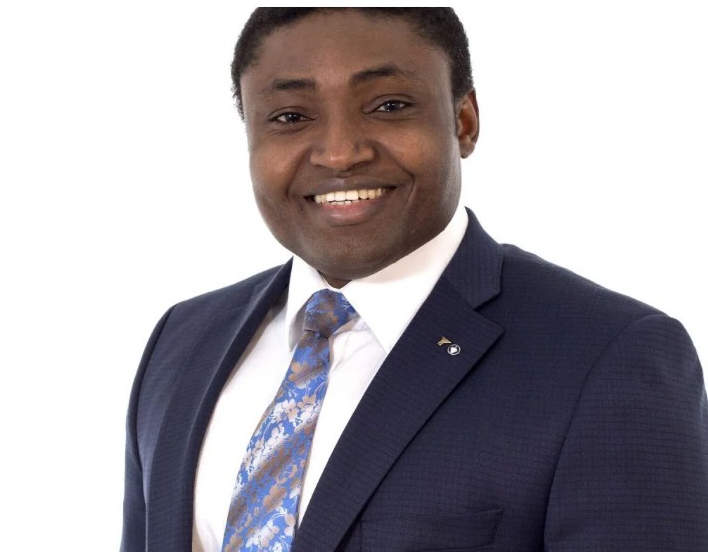The self-acclaimed Prime Minister of Biafra, Simon Ekpa, is set to face terrorism-related charges in May 2025. This timeline was disclosed by Mikko Laaksonen, a Senior Detective Superintendent at Finland’s National Bureau of Investigation.
Laaksonen confirmed that the date for presenting possible charges had been determined by the Päijät-Häme District Court. “Due to the ongoing investigation, no further details can be disclosed.
The date for bringing up possible charges by the prosecution was set by the district court to May 2025,” he stated.
The senior detective added that Ekpa and Finnish authorities have the option to request a re-evaluation of his case within two weeks.
“In a basic situation regarding the remand, the next possible hearing can be held no earlier than two weeks from the previous hearing, should the parties in question seek for the matter to be re-evaluated by the district court,” Laaksonen explained.
Simon Ekpa, a prominent secessionist figure and a key advocate of the Indigenous People of Biafra (IPOB) movement, has been a controversial figure in Nigeria and the diaspora.
His activities, particularly through social media, have been linked to incitements of violence in the southeastern region of Nigeria, where IPOB agitates for the creation of an independent Biafran state.
Finnish authorities arrested Ekpa alongside four others last Thursday on suspicion of engaging in terror-related activities.
These allegations include incitement to violence, public incitement to commit crimes with terrorist intent, and financing terrorism.
Ekpa’s remand was officially sanctioned by the Päijät-Häme District Court. His detention highlights growing international scrutiny of his activities, which many argue have exacerbated instability in southeastern Nigeria.
In recent years, Ekpa has used his online platforms to promote the controversial “sit-at-home” orders in the region, which have led to widespread disruptions, violence, and economic stagnation.
This arrest marks a significant development in the legal challenges facing Ekpa. While IPOB leadership had distanced itself from his activities, he has maintained his stance as a key figure advocating for Biafra’s secession.
His arrest has sparked mixed reactions, with some praising the Finnish government’s action as a step toward curbing violent rhetoric, while others see it as an infringement on freedom of expression.
The investigation remains ongoing, and Finnish authorities are yet to disclose the full scope of the evidence against Ekpa. As May 2025 approaches, this case will likely draw international attention due to its implications for counterterrorism efforts and the broader geopolitical ramifications of separatist movements.

